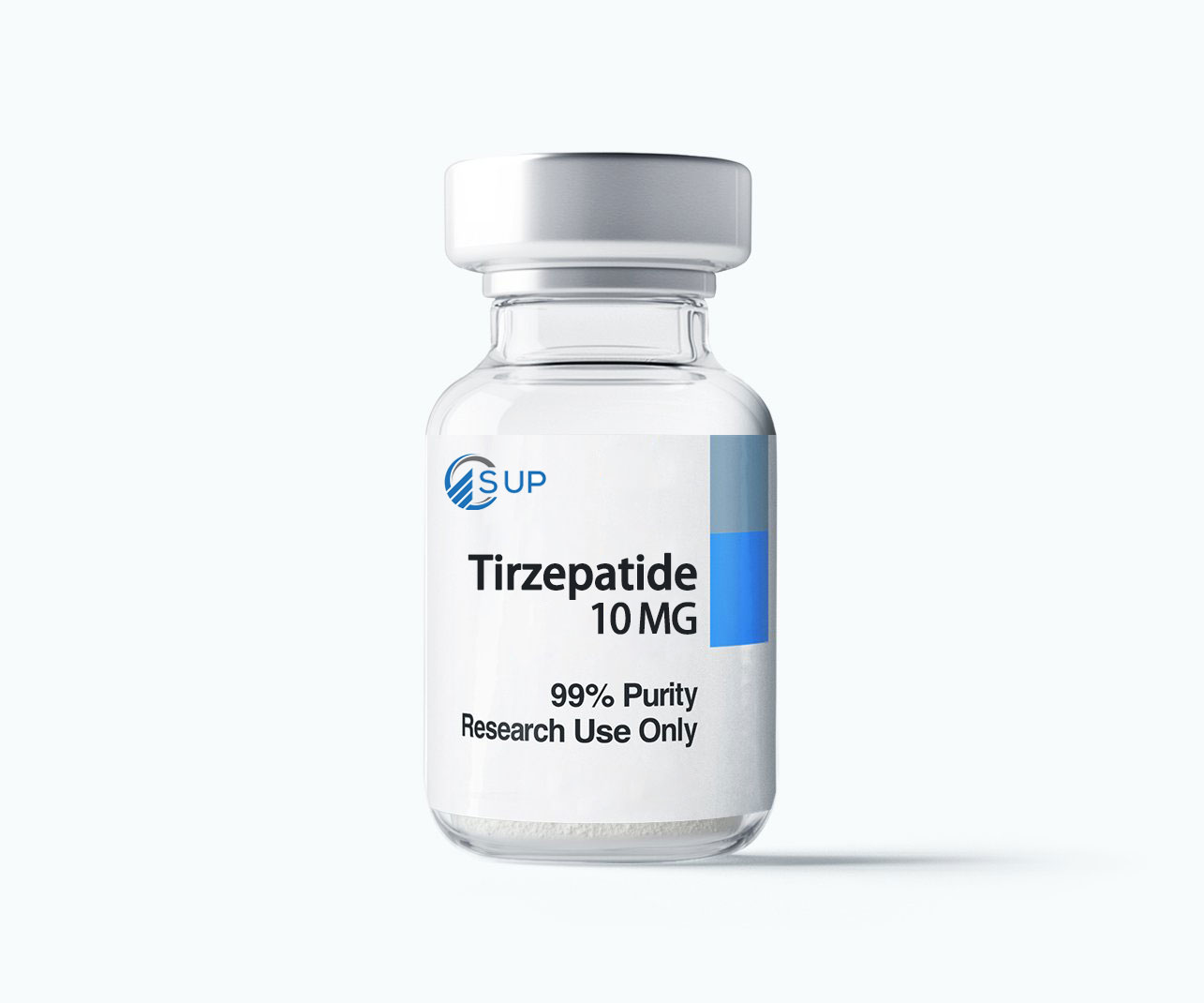SEARCH
MESSAGE
How to Ensure Custom Peptide Synthesis Meets Your Experimental Expectations?

For researchers and biotech professionals relying on peptides for experiments—whether for antibody development, enzyme inhibition studies, or biomarker detection—custom peptide synthesis is a critical step. But a common question arises: What steps can you take to make sure the synthesized peptides align with your project’s needs and deliver reliable results? From initial design to final quality checks, proactive planning is key to avoiding costly delays or inaccurate data.
First, start with precise sequence design and modification clarity. The success of custom peptide synthesis begins with clear, detailed specifications. When sharing your peptide sequence with a provider, include all necessary modifications—such as phosphorylated residues, fluorescent labels, or cyclic structures—that are essential for your experiment. For example, if you need a peptide for imaging studies, specify the type of fluorophore (e.g., FITC, Cy5) and its attachment site. Also, address solubility challenges upfront: hydrophobic sequences can be difficult to work with, so consult your synthesis provider about adding hydrophilic tags (like poly-Arg or poly-Gly) to improve solubility. Vague or incomplete design details often lead to peptides that don’t fit your experimental setup, so take time to refine your requirements.
Second, choose a synthesis method tailored to your peptide’s characteristics. Custom peptide synthesis typically uses solid-phase peptide synthesis (SPPS), but variations exist based on peptide length and complexity. Short peptides (under 20 amino acids) are often synthesized efficiently with standard SPPS, while longer sequences (30+ amino acids) or those with multiple modifications may require optimized protocols—such as microwave-assisted synthesis to speed up reactions or orthogonal protection strategies to prevent unwanted side reactions. Ask your provider about their approach for your specific peptide: Do they have experience with similar sequences? Can they adjust reaction conditions to minimize truncations or impurities? A provider that tailors methods to your peptide’s needs is more likely to deliver high-quality results.
Third, prioritize rigorous quality control (QC) checks. Even the best synthesis processes can produce impurities, so demand transparent QC from your provider. Essential QC tests include high-performance liquid chromatography (HPLC) to measure purity (aim for 95%+ for most research, 98%+ for critical applications like clinical trials) and mass spectrometry (MS) to confirm the peptide’s molecular weight matches your target. Some providers also offer amino acid analysis to verify composition or endotoxin testing for peptides used in cell-based assays. Always request a full QC report before accepting the peptide—skipping this step could mean using a peptide with hidden impurities that skew your experimental data.
Fourth, communicate your scalability needs early. If your project has long-term goals—such as moving from small-scale research to preclinical testing—discuss scalability with your synthesis provider upfront. A provider that can synthesize milligram quantities for initial experiments and later scale up to gram or kilogram batches avoids the hassle of switching vendors mid-project. Additionally, confirm lead times for different scales: rush orders may be possible for small batches, but larger-scale synthesis often requires more time, so align timelines with your project milestones.
Finally, leverage technical support for troubleshooting. Even with careful planning, issues like low peptide yield or poor solubility can arise. Choose a custom peptide synthesis provider with a team of experienced peptide chemists who offer ongoing support. For example, if your synthesized peptide is insoluble, they can suggest reworking the sequence or modifying purification methods. Responsive technical support turns a potential setback into a solution, keeping your project on track.
By focusing on clear design, tailored synthesis methods, strict QC, scalability planning, and reliable support, you can ensure custom peptide synthesis delivers peptides that meet your experimental standards. Whether you’re studying protein-protein interactions or developing new diagnostic tools, high-quality custom peptides are the foundation of valid, reproducible research.

